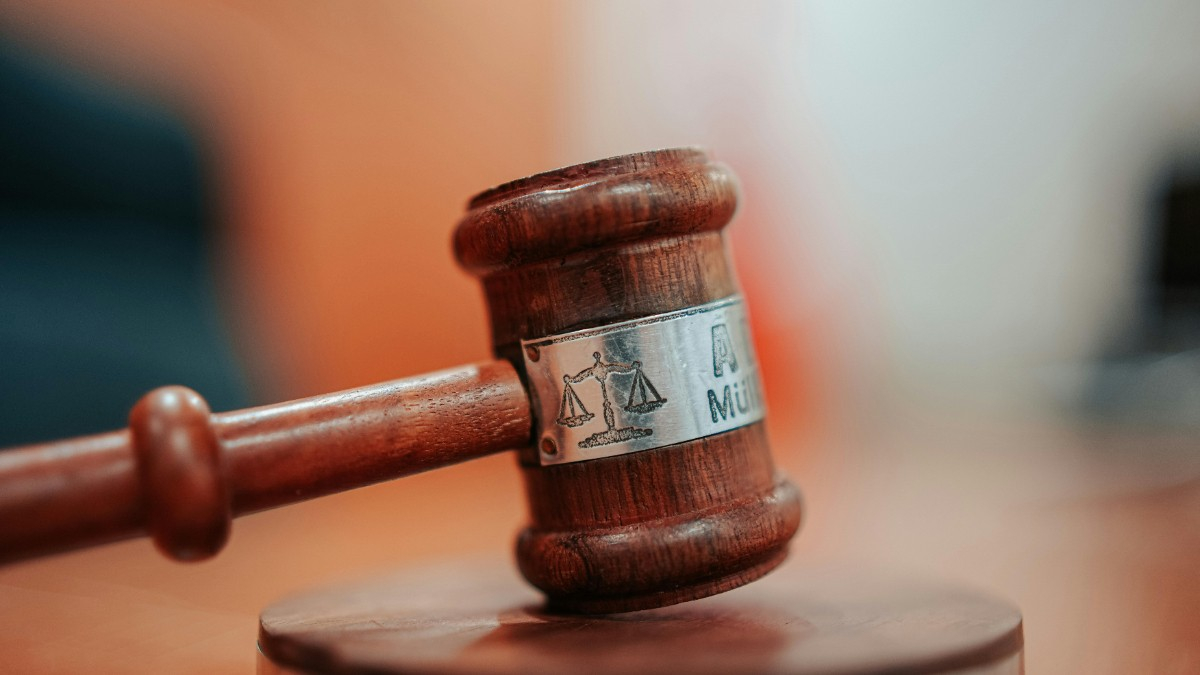More legal effects were seen when District Judge Tanya Chutkan of the United States, on November 25, 2024, granted a motion to dismiss charges against President-elect Donald Trump. This follows a motion by Special Counsel Jack Smith to quash federal actions against him, over Trump’s alleged attempts to turn around the outcome of the 2020 election and the mishandling of classified documents. Such a highly unusual step in court only raises the most critical questions of what this might mean for Trump as he prepares to seek office again.
Background of the case
It started last June, when Trump faced a slew of felony counts related to his actions around the handling of the classified material, including conspiracy to obstruct the administration of justice and making false statements. Then in August 2023, Trump was again indicted on attempts to change the outcome of the 2020 election that eventually led to the riot at the Capitol on January 6.
Historical importance framed Jack Smith’s investigation: No former president had ever been pressed with federal criminal charges. What they prosecuted touched on the most sensitive part of American democracy: the election process that Trump allegedly undermined.
Reason for termination
Smith moved to dismiss on one ground: The Justice Department policy is not to indict a sitting president. In court filings, Smith wrote that the policy required dismissal of the charges against Trump before he was sworn in. Such a decision was not a reflection of the strength or merit of a case, he said, but a constitutional mandate.
This view was taken forward by recent findings of the Supreme Court, which allowed a degree of presidential immunity from criminal prosecutions. The recent ruling in effect pushed any trial beyond the upcoming election, thus allowing Trump to make his way back to power with no legal complications.
Consequences for Trump
The dropping of charges against him has several implications on many grounds concerning him and his administration:
- Political capital: In this regard, the dropping of these charges, he will present himself as being fully acquitted and unrelated to any sort of legal complication, which would help him go toward his new term. He could, in fact, actually end up earning him much-needed endorsement from his base amounting to a great deal of political capital.
- Future legal battles: Although the federal charges filed against him have been dismissed, Trump remains under investigation-most probably with possible prosecution at state levels, especially in Georgia and New York-which may prove to be an even more sizable legal battle.
- Judicial precedents: The same decision has also set some degree of precedence regarding prosecution cases against sitting presidents and questions of accountability in successive administrations. Whatever the case, it underlines the legal regime within which presidents cannot be held liable on certain liabilities in criminal cases while in office.
- Governance impact: Cleared of most legal noise, Trump is now unfettered to proceed with his policies and work on his making good on many of his campaign promises sans the sword of possible federal prosecution dangling over his head. He still has to take on state-level legal issues that may pop up while in office.
People’s reaction and future direction
The dismissal has received divided public reaction; whereas the followers believe that this is a right approach towards accountability of the political leadership, opponents believe this amounts to trampling the rule of law on the ground that it has been done on an issue that the president will get exonerated from serious charges. Looking ahead, many think that his presidency’s legal challenges in court are only just to come. How he would be able to carry on with his presidential duties amidst legal responsibilities would be a key question going into a second term.
Read more: This is the RS-26 Rubezh, the ICBM on which the ballistic missile launched by Russia against Ukrainian territory is based
Read more: What is the International Criminal Court (ICC), what are they accusing Netanyahu of, and what capacity do they have to stop him?
